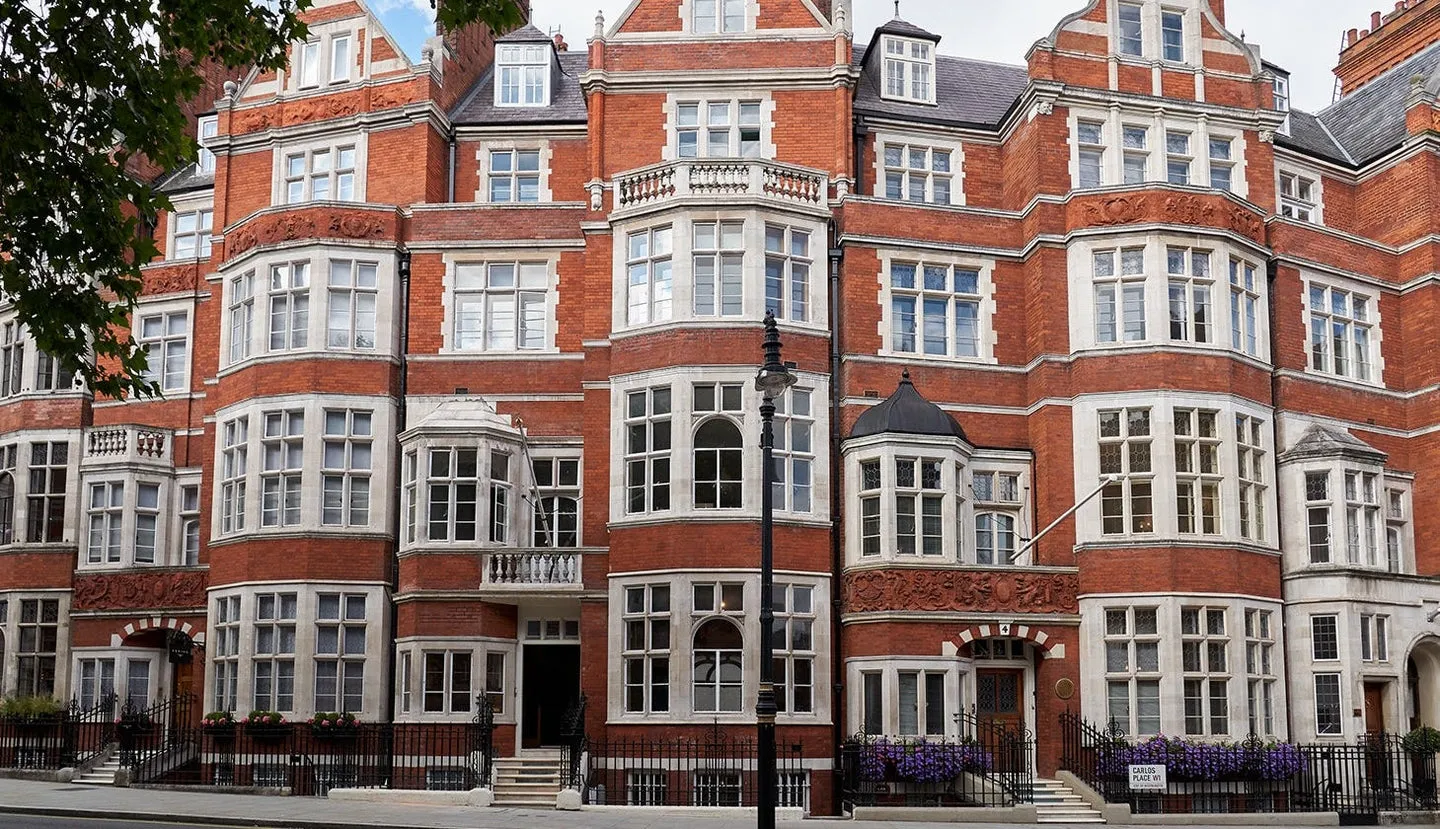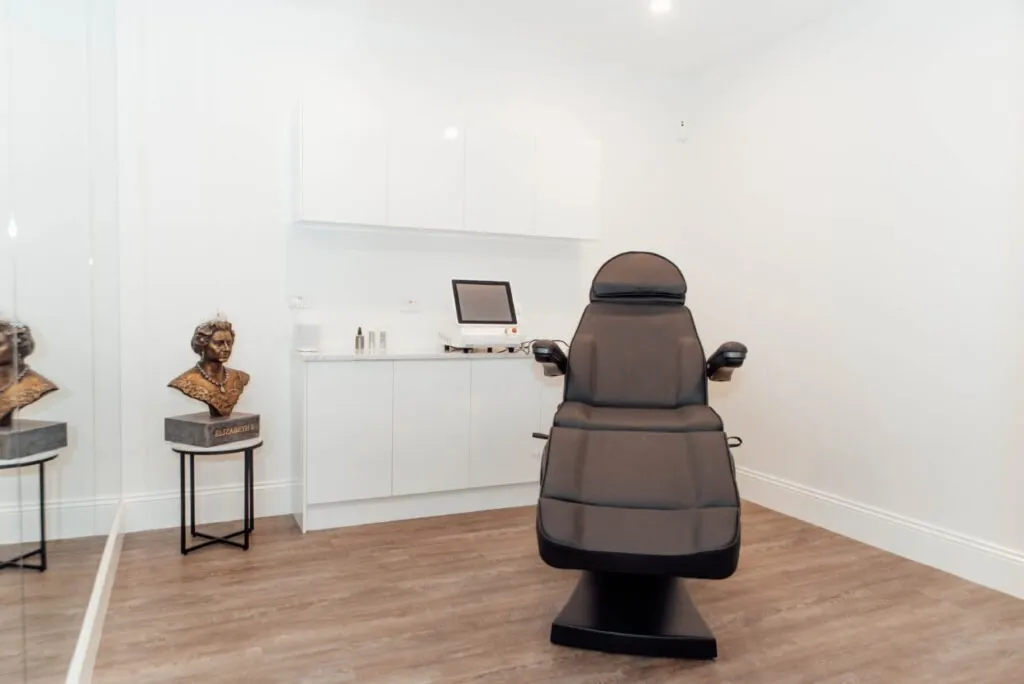What is Skin Whitening Treatment
Skin whitening treatments, also known as skin lightening or bleaching, are cosmetic procedures designed to reduce the melanin pigment in the skin, resulting in a lighter skin tone. These treatments target hyperpigmentation, such as dark spots, age spots, and uneven skin tone, with the aim of achieving a more uniform complexion. It’s a popular choice for those seeking to enhance their skin’s appearance and boost their confidence. The treatments available range from topical creams and chemical peels to advanced laser therapies, each employing different mechanisms to lighten the skin. The choice of treatment depends on individual skin type, the severity of the pigmentation, and personal preferences. Understanding the different methods and their effects is the first step towards making an informed decision.
Understanding the Science Behind Skin Whitening
The science behind skin whitening revolves around melanin, the pigment responsible for skin color. Melanin is produced by melanocytes, specialized cells within the skin. The amount of melanin produced determines the darkness of the skin. Skin whitening treatments work by either reducing the production of melanin or by removing existing melanin from the skin. Ingredients like hydroquinone inhibit the enzyme tyrosinase, which is crucial for melanin production. Other treatments, such as chemical peels and laser therapies, remove the top layers of skin, which contain melanin. It is important to understand the scientific basis of these treatments to manage expectations and choose the most suitable procedure. The effectiveness and safety of the treatment depend on this scientific understanding.
Types of Skin Whitening Treatments

There are several types of skin whitening treatments available in London, each with its own advantages and disadvantages. The best choice depends on an individual’s skin type, the severity of pigmentation, and the desired results. Understanding the variety of options is crucial before proceeding with any treatment. Options include topical creams, chemical peels, and laser therapy. These methods vary in their approach and effectiveness and involve different levels of invasiveness, recovery time, and cost.
Topical Creams
Topical creams are often the first step in skin whitening. They contain ingredients such as hydroquinone, kojic acid, retinoids, and vitamin C, which work to reduce melanin production or remove existing melanin. While they are less invasive and can be purchased over-the-counter or by prescription, topical creams may take longer to show results. It is essential to use these creams under the guidance of a dermatologist to avoid potential side effects like skin irritation or sensitivity. They’re suitable for mild to moderate hyperpigmentation and can be a cost-effective starting point for skin lightening.
Chemical Peels
Chemical peels involve applying a chemical solution to the skin to exfoliate the top layers, removing damaged skin cells and revealing a lighter complexion. The depth of the peel varies from superficial to deep, depending on the concentration of the chemical solution. Superficial peels can be done regularly, while deeper peels require more recovery time. These peels are effective for treating various skin issues, including dark spots, uneven skin tone, and acne scars. London offers a wide variety of chemical peels. It’s crucial to choose a reputable clinic and follow aftercare instructions to prevent complications.
Laser Therapy

Laser therapy uses concentrated beams of light to target and break down melanin in the skin. This method can effectively treat stubborn pigmentation issues and offer precise control over the treatment area. Different types of lasers are used, each with its unique properties. While laser treatments can deliver significant results, they may require multiple sessions. It’s important to consult with a qualified dermatologist in London to determine the best laser treatment for your skin type. Potential side effects include temporary redness, swelling, and changes in skin pigmentation. This is one of the most advanced skin whitening treatments available.
The Effectiveness of Skin Whitening Treatments
The effectiveness of skin whitening treatments varies based on the treatment type, the individual’s skin type, and the specific skin condition. Topical creams often offer modest results, while chemical peels and laser therapy can provide more dramatic changes. Results are also influenced by factors such as the severity of the pigmentation, the individual’s adherence to aftercare instructions, and the expertise of the practitioner. It’s essential to have realistic expectations and understand that achieving significant changes may require multiple treatments and consistent care. Consulting with a dermatologist in London will help determine the most effective treatment plan based on your unique needs.
Factors Influencing Results
Several factors influence the outcome of skin whitening treatments. These include skin type, with individuals with lighter skin tones often experiencing better results than those with darker complexions. The type and severity of the skin condition being treated also play a role. Sun exposure can undo the effects of the treatments, so strict sun protection is crucial. Adherence to aftercare instructions, including using prescribed creams and avoiding harsh skincare products, is vital for optimal results. Furthermore, lifestyle factors like smoking and poor diet can negatively affect the skin’s health and the effectiveness of the treatments. Selecting an experienced and qualified practitioner is equally important.
Benefits of Skin Whitening Treatments

Skin whitening treatments offer several benefits beyond simply lightening the skin. They can effectively treat hyperpigmentation issues such as dark spots, sun damage, and uneven skin tone, leading to a more uniform and radiant complexion. Many individuals experience an increase in self-esteem and confidence after achieving their desired skin tone. Some treatments can also improve skin texture, reduce the appearance of fine lines, and stimulate collagen production, resulting in younger-looking skin. However, it is essential to balance these benefits with a thorough understanding of the potential risks and side effects.
Potential Risks and Side Effects of Skin Whitening
While skin whitening treatments can offer significant benefits, they also carry potential risks and side effects. These include skin irritation, redness, peeling, and increased sun sensitivity. In some cases, more severe side effects may occur, such as changes in skin pigmentation, scarring, and allergic reactions. The use of certain ingredients, like hydroquinone, has raised concerns about long-term health effects. It’s crucial to consult with a dermatologist to understand the risks associated with each treatment and to ensure that you are a suitable candidate. Choosing a reputable clinic and following aftercare instructions can minimize the risk of complications.
Finding a Reputable Clinic in London
Selecting a reputable clinic in London is paramount to ensure the safety and effectiveness of your skin whitening treatment. Research clinics thoroughly, checking for qualifications, experience, and patient reviews. Look for board-certified dermatologists or qualified professionals with extensive experience in performing skin whitening treatments. Ensure the clinic uses high-quality products and follows strict hygiene standards. A good clinic will offer a detailed consultation, discuss your goals and expectations, and provide a customized treatment plan. Do not hesitate to ask questions about the procedures, potential risks, and aftercare. Prioritize clinics that prioritize patient safety and provide comprehensive care.
Consultation and Assessment

A thorough consultation and assessment are critical steps before undergoing any skin whitening treatment. During the consultation, a dermatologist will evaluate your skin type, assess the severity of the pigmentation, and discuss your goals and expectations. They will inquire about your medical history, any allergies, and previous skin treatments. The dermatologist will explain the various treatment options, potential risks, and expected outcomes. Be prepared to discuss your lifestyle, including sun exposure and skincare routine. This assessment helps the dermatologist create a personalized treatment plan tailored to your specific needs. The consultation also allows you to ask questions and address any concerns you may have.
Questions to Ask Your Dermatologist
Before proceeding with a skin whitening treatment, it’s essential to ask your dermatologist specific questions. Inquire about their experience and qualifications, including the number of treatments they’ve performed. Ask about the specific products and technologies used and their potential side effects. Clarify the expected results and how long they will last. Understand the aftercare instructions and any potential downtime associated with the treatment. Inquire about the costs and payment options. It’s also important to ask about the clinic’s policies regarding follow-up appointments and what to do if you experience any complications. Thorough questioning ensures you are fully informed and comfortable with the treatment plan.
Aftercare and Maintenance
Proper aftercare is crucial for achieving the best results and minimizing potential complications after skin whitening treatments. Following the dermatologist’s instructions is essential, including using prescribed creams, avoiding sun exposure, and gentle cleansing. Protect your skin from the sun by using a broad-spectrum sunscreen with a high SPF daily. Avoid harsh skincare products or exfoliants that can irritate your skin. Regular follow-up appointments with your dermatologist are necessary to monitor your progress and address any concerns. Proper aftercare and maintenance extend the benefits of the treatment and help maintain the desired skin tone.
Following a Post-Treatment Routine

Following a post-treatment routine is essential for optimizing the results of your skin whitening treatment and maintaining skin health. This typically involves using gentle cleansers, applying prescribed creams or serums as directed, and consistently using sunscreen. Avoid using harsh exfoliants or skincare products containing alcohol or fragrances. Stay hydrated by drinking plenty of water and eating a balanced diet rich in antioxidants. Avoid excessive sun exposure and protect your skin with protective clothing and hats. Regular follow-up appointments with your dermatologist are also an important part of the post-treatment routine. Adhering to this routine helps to protect your skin and enhance the lasting results of your treatment.
Lifestyle Recommendations
Lifestyle choices play a significant role in the success and longevity of skin whitening treatments. Avoid excessive sun exposure by seeking shade during peak hours and using broad-spectrum sunscreen daily. Quit smoking, as it can negatively affect skin health and hinder treatment results. Maintain a healthy diet rich in fruits, vegetables, and antioxidants to promote overall skin health. Stay hydrated by drinking plenty of water. Manage stress levels, as stress can impact skin health. Consider incorporating gentle exercise into your routine to improve blood circulation and promote healthy skin. Adopting these lifestyle recommendations can improve the results of your treatments.
Cost of Skin Whitening Treatments in London
The cost of skin whitening treatments in London varies significantly depending on the treatment type, the clinic’s reputation, and the practitioner’s experience. Topical creams are typically the most affordable, while laser treatments tend to be the most expensive. Chemical peels fall in between, with the cost varying based on the type and depth of the peel. The cost may also depend on the number of sessions required to achieve the desired results. It’s essential to get a detailed quote from the clinic, including the cost of the procedure, any follow-up appointments, and any additional products or services. Always consider the value you are receiving and the experience of the practitioner.
Pricing Variations

Pricing for skin whitening treatments in London can vary based on a number of factors. Clinics in prime locations may charge higher prices than those in less central areas. The experience and qualifications of the practitioner also influence the cost. The technology used, for example, a more advanced laser machine, can affect the price. The type of treatment itself plays a key role; laser therapies are generally more expensive than chemical peels. Some clinics offer package deals that may include multiple sessions or related products, which can affect the overall cost. The best way to get an accurate idea of the pricing is to consult with several clinics and compare their quotes.
Payment Options
Clinics in London typically offer various payment options for skin whitening treatments. These may include cash, credit and debit cards, and sometimes financing options. Some clinics may offer installment plans to help patients manage the cost of treatment. Check with the clinic beforehand to find out what payment methods are accepted. It is always a good idea to clarify all costs and payment terms during the consultation. Inquire about possible payment plans or financing options to make the treatments more affordable.
Top 7 Facts About Skin Whitening Treatments in London
Fact 1 Understanding the Treatment
Skin whitening involves reducing melanin to lighten skin tone. Know the process.
Fact 2 Identifying the Best Treatment
The best treatment depends on skin type, severity, and desired outcomes. Consider creams, peels, and lasers.
Fact 3 Choosing a Qualified Practitioner
Always choose a board-certified dermatologist or qualified professional. Experience matters.
Fact 4 Assessing the Risks
Be aware of potential risks like irritation, pigmentation changes, and sun sensitivity.
Fact 5 Post-Treatment Care
Follow aftercare instructions meticulously, including sun protection and gentle skincare.
Fact 6 Maintaining Results
Maintain results with sun protection, a healthy lifestyle, and follow-up appointments.
Fact 7 Cost Considerations
Costs vary widely; get detailed quotes and understand payment options.
